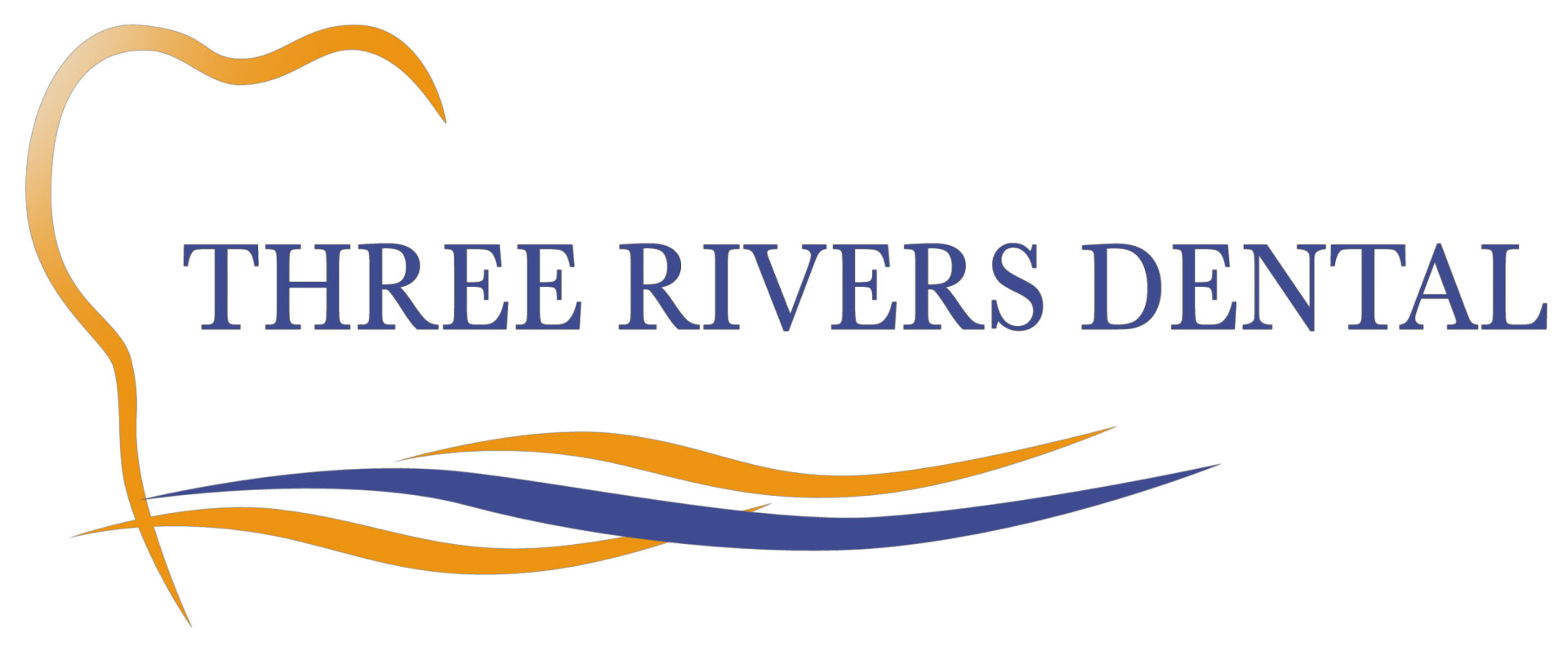When missing or damaged teeth are left untreated, the risks and consequences for dental issues can be dangerous. Losing adult teeth or experiencing infection in weakened teeth can lead to oral health complications and the deterioration of physical well-being. Don’t compromise your health or a healthy smile. If you’ve experienced oral trauma, infection or have lost teeth due to age, your mouth needs attention.
Oral Health Facts
Cavities and gum disease are the leading cause of weakened tooth structure and tooth loss, according to the FDI World Dental Federation. Sugar exposure and other poor oral health risk factors have made dental caries the most common chronic disease in the world and a major public health problem affecting individuals, health systems, and economies worldwide. The dental facts and figures are frightening:
• Globally, between 60% and 90% of school children have at least one dental cavity.
• Between 15% and 20% of adults ages 35 to 44 have severe gum disease.
• Nearly 100% of adults have tooth decay, and at least one dental cavity. The average adult
between the age of 20 and 64 has three or more decayed or missing teeth.
• About 30% of people globally, ages 65 to 74 have no natural teeth left.
Factors Contributing to Dental Health Issues
Tooth loss and damage can be attributed to gum disease or injury. Individuals not following a daily dental care routine coupled with regular dental checkups are susceptible to developing gingivitis and periodontitis. In addition to poor dental care and brushing habits, there is oral trauma caused by an accident or injury, smoking, acid reflux, and eating sugary foods which can lead to the loss or deterioration of teeth.
Once a tooth is lost, it creates a gap between natural teeth and no longer functions as a companion tooth or biting partner. This disrupts the natural bite and causes neighboring teeth to shift. The unprotected ridge and gaps left by missing teeth are exposed and at risk for trauma and infection. Drifting teeth can cause bone loss and food impact areas for infection to begin. Statistically, once a tooth is lost, neighboring teeth can be jeopardized. If dental treatment is not received in a timely manner, all teeth will ultimately be affected and are at risk for loss.
Health Issues Caused by Poor Dental Care
Research shows adults who avoid tooth replacement, repair or restoration are subject to dangerous health consequences. The most common and serious health issues caused by poor oral health and avoiding dental care include:
• Heart Disease: The oral bacteria developed by periodontitis can creep into the bloodstream and cause heart arteries to build plaque and harden. Atherosclerosis, the hardening of heart arteries, leads to issues with blood flow, heart blockages and can increase the risk of heart attack. Heart artery and blood vessel damage can lead to hypertension and increase stroke risk, or endocarditis, a fatal infection of the inner lining of heart chambers and valves.
• Dementia: Poor oral health can affect the brain and cause mental decline. In an article published by Medical News Today researchers studied the link between severe gum disease and the risk of dementia and found that bacterial toxins released in the mouth by periodontal disease could be linked to killing brain cells and causing memory loss. Alzheimer’s disease is the most common cause of dementia and can result when mouth bacteria caused by gingivitis spreads to nerve channels or enters the bloodstream.
• Respiratory Infection: If a sore or throbbing tooth is left untreated, it could become infected and spread oral bacteria through lungs or into the bloodstream. A study published by the American Academy of Periodontology discovered people with respiratory diseases had worse periodontal health than those with healthy lungs. Once oral bacteria settles in the lungs, it can lead to illness and respiratory complications including infection, pneumonia, acute bronchitis and COPD.
• Diabetes: Poorly-managed diabetes can cause serious physical issues and problems with oral health. Practicing good oral hygiene and receiving professional dental cleanings can help lower HbA1c to help control diabetes. Our Three Rivers Dental Group team is specially trained to help patients maintain their dental health by providing the tools and knowledge necessary to manage and prevent oral complications associated with diabetes.
Make a Dental Care Commitment
Make a daily commitment to keep your mouth healthy, schedule professional dental cleanings twice per year with a fluoride treatment and seek immediate dental attention if a tooth is lost, is damaged or has deteriorated. We offer several dental services including fillings, crowns, sealants and root canals to minimize issues associated with oral health. When teeth are unable to be saved, extraction may be a solution, along with a dental bridge, dentures or dental implants. Contact Three Rivers Dental Group today to discuss your dental care options for missing or damaged teeth. Call 1 (855) 4 NO FEARS or schedule an appointment on our website. We are conveniently located throughout the Pittsburgh area in Greentree, Cranberry, and Greensburg.
